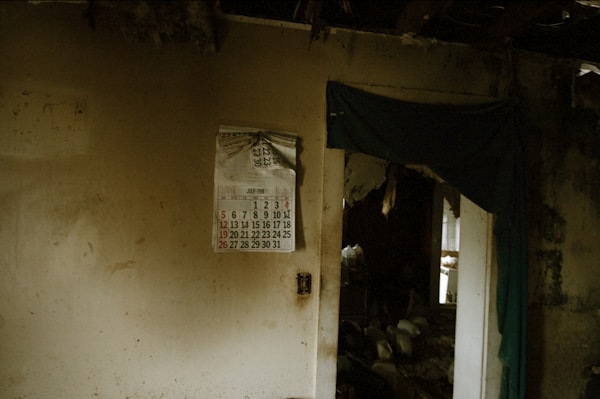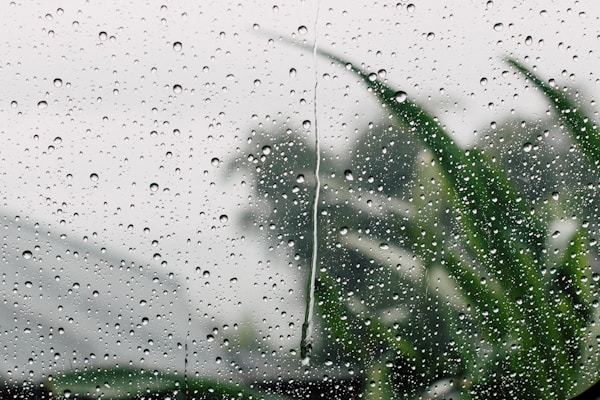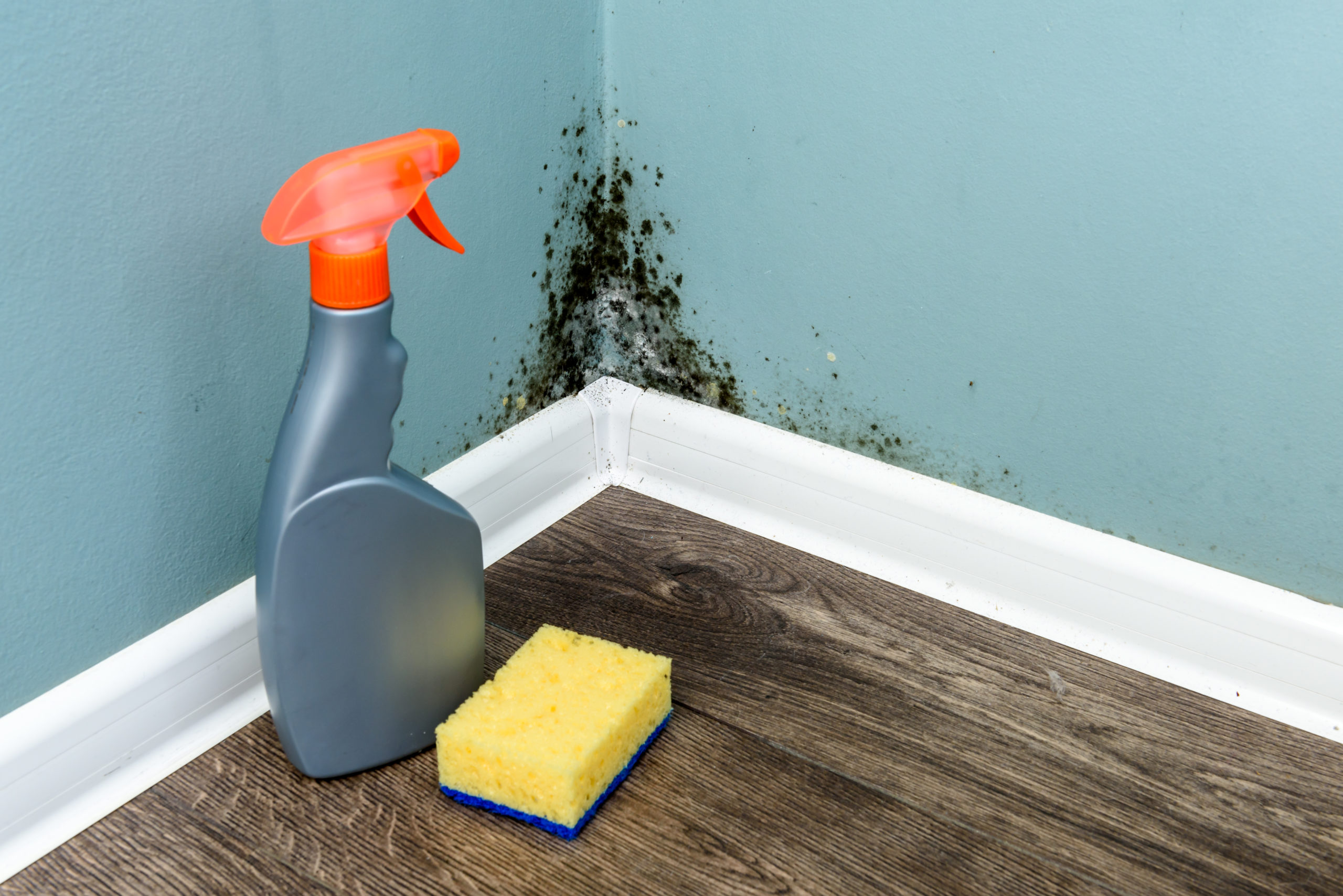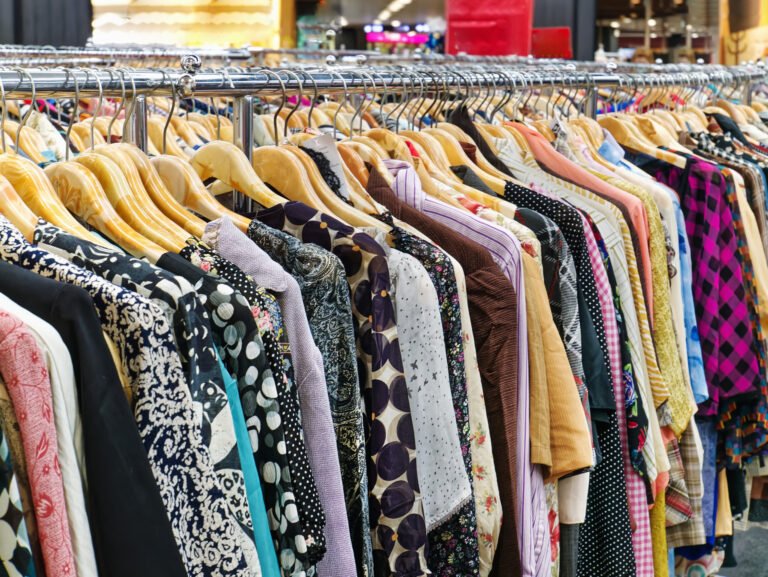Water damage can often lead to the growth of black mold and mildew, which are hazardous substances that can cause a wide range of health problems. Black mold and mildew can cause everything from minor respiratory problems to more serious issues such as cancer. It is crucial to be aware of the harm that can be caused and take steps to prevent its growth after water damage. However, many homeowners don’t know much about how to prevent water damage or mold and mildew growth. The good news is that there are plenty of resources that can teach you everything you need to know. If you want to learn more, keep reading to find out about the dangers of black mold and mildew after water damage.
What are the dangers of black mold and mildew after water damage?

First, it’s important for you to know that addressing the presence of black mold and mildew should be done immediately. You should look for a reputable water damage restorer in your area. A professional water damage restorer will be able to properly address the black mold or mildew and ensure that your home is safe to live in again. They will also be able to clean up any water damage that may have been caused by the mold. If you’re not sure whether you have black mold in your home, or if you’re not sure how to address the issue, contact a professional water damage restorer to have them inspect your property.
Black mold grows in moist environments, so it can quickly expand after water damage has occurred. It can be found in a number of places, such as the walls, ceilings, floors, and insulation of a home. It is crucial to clean up any water damage as quickly as possible to prevent black mold or mildew from growing. Indoors, molds can be a problem because they can cause allergies, respiratory problems, and other health effects. In some cases, molds can also cause extensive damage to buildings and personal property.
Mildew is a type of fungus that thrives in damp, warm environments. It can cause significant damage to your home, as it eats away at building materials and causes rot. Mildew can also result in respiratory problems in humans and pets, and it can be a breeding ground for harmful bacteria. To protect your home from mildew damage, make sure that you keep your building materials dry and well-ventilated, and remove any mildew growth as soon as you spot it.
What else can you do to protect your home from water damage?

Window insulation is a key part of any home, and you need to take special care of the windows in areas that receive a lot of precipitation. Cracks and crevices in your windows can let in outdoor air and moisture, which can cause water damage. You can fix this problem by installing window insulation. Window insulation is a plastic film that is installed on the inside of your windows. It is designed to seal the cracks and crevices, which will keep out the cold air and moisture. You can also address specific flaws and imperfections with caulk or weatherstripping. If your windows are significantly damaged, you may need to consider replacing them.
An air purifier with a dehumidifier can prevent mold and mildew growth by removing the moisture from the air. There are many other reasons why you should purchase an air purifier for your home too. Air purifiers can improve the air quality in your home, which can lead to improved overall health. They can also reduce allergies and asthma symptoms. Air purifiers are designed to get rid of pollutants and other harmful particles in the air. If you’re thinking about buying an air purifier for your home, do your research. There are a variety of different air purifiers on the market and you need to select an air purifier that is right for your needs.
As you can see, you need to get rid of black mold and mildew as soon as possible if your home sustains water damage. The best way to take care of any harmful substances in your home is to hire a professional to begin the restoration process and remove any mold or mildew from the property. You should also take steps to prevent the growth of mold in the future, like sealing up any cracks or crevices in your windows to prevent excess moisture from getting into your home or purchasing an air purifier to protect the quality of your indoor air. Follow the tips in this article so you can keep yourself and your family comfortable and safe at home.









